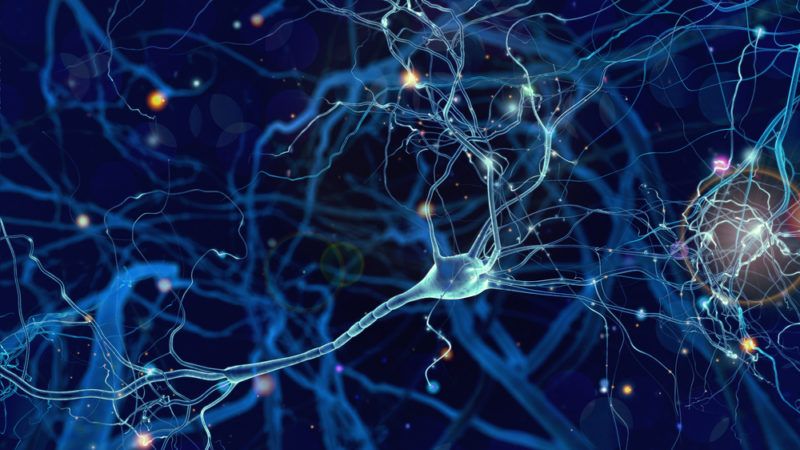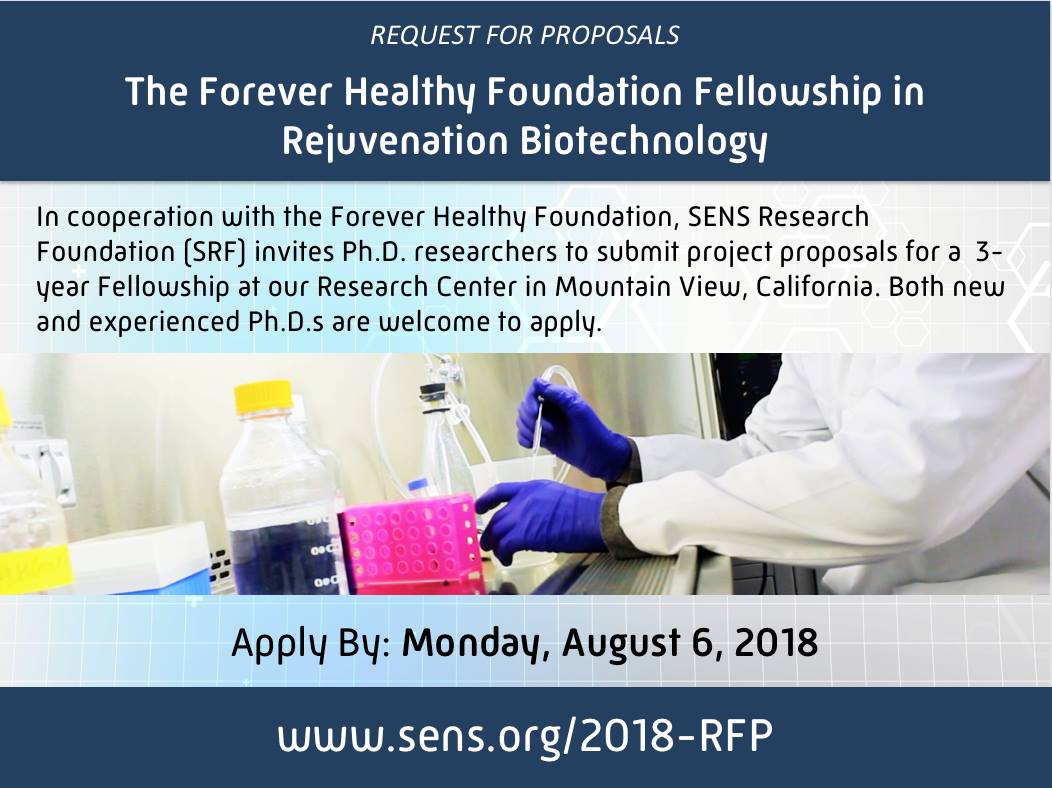A handy guide to logical fallacies for life extensionists.
When debating life extension, or debating in general, it may happen that participants commit logical fallacies—that is, their arguments contain logically invalid reasoning. In practice, this often means that people incorrectly come to certain conclusions that do not actually follow from the premises; if they appear to follow, it’s indeed because fallacious reasoning was used.
Logical fallacies can be tough to spot, both for the people committing them and for the people listening; rejuvenation advocates would therefore benefit from familiarizing with common fallacies committed during debates about life extension so that they will both be able to detect them in other people’s arguments and avoid committing any themselves.
The following is a list of common logical fallacies that usually show up during life extension debates. It may be useful for your advocacy efforts, but bear in mind that the right way to go about rebutting fallacious reasoning is not simply pointing out “You committed a fallacy; your argument is invalid”; in fact, you’d better avoid mentioning the word “fallacy” altogether. What you are likely to get this way is simply a lot of eye-rolling; your message will probably not get across, and you will come across as an insufferable pedant, even if you’re right. I’ve personally met people who don’t seem to think that a logical fallacy in their reasoning is such a big deal. Debating with such people is probably a waste of time, but in general, people might be more receptive if you politely explain why their reasoning doesn’t work, providing different examples and avoiding a lecturing attitude at all costs.





